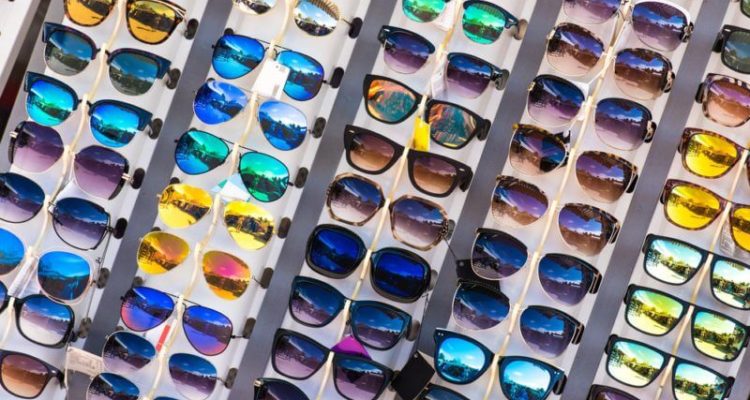
Popular myths about sunglasses and common mistakes when choosing
0
Ultraviolet rays can damage the surface tissues of the eye, the cornea, and the lens. Therefore, mistakes made when choosing sunglasses often have serious health consequences. Experts from the American Academy of Ophthalmology (AAO) have revealed the most common mistakes.
The darker the lenses, the better the protection from sunlight
This is a myth. The degree of darkening of the lenses is not related to the degree of UV protection. Look for glasses labeled UV 400. They block UV waves up to 400 nm, which is equivalent to nearly complete eye protection from the sun. Also be aware that mirrored or anti-glare polarized lenses may not offer UV protection.
Glass sunglasses are better
Optometrists do not agree with this. Today, most over-the-counter sunglass lenses are made of plastic. Experts consider this material to be of high quality. It is better to choose glasses with lenses made of polycarbonate plastic with a scratch-resistant coating.
The size of the sunglasses lenses does not matter
It does. Glasses with maximally large lenses will better protect the eyes from ultraviolet rays. It is also good if there are massive brackets that expand in the places of attachment to the lenses – this will additionally protect from the side rays of the sun.
The more expensive the glasses, the better they protect from the sun
Choosing an accessory based solely on price is a mistake. The main thing is that the sunglasses are of good quality. Experts recommend buying them at an optician.
Sunglasses will protect your eyes from any light sources
Also a myth. Conventional sunglasses do not provide eye protection from light sources, including tanning lamps or arc welding. Also, even in the highest quality dark glasses, you cannot look directly at the sun.









Leave a Reply